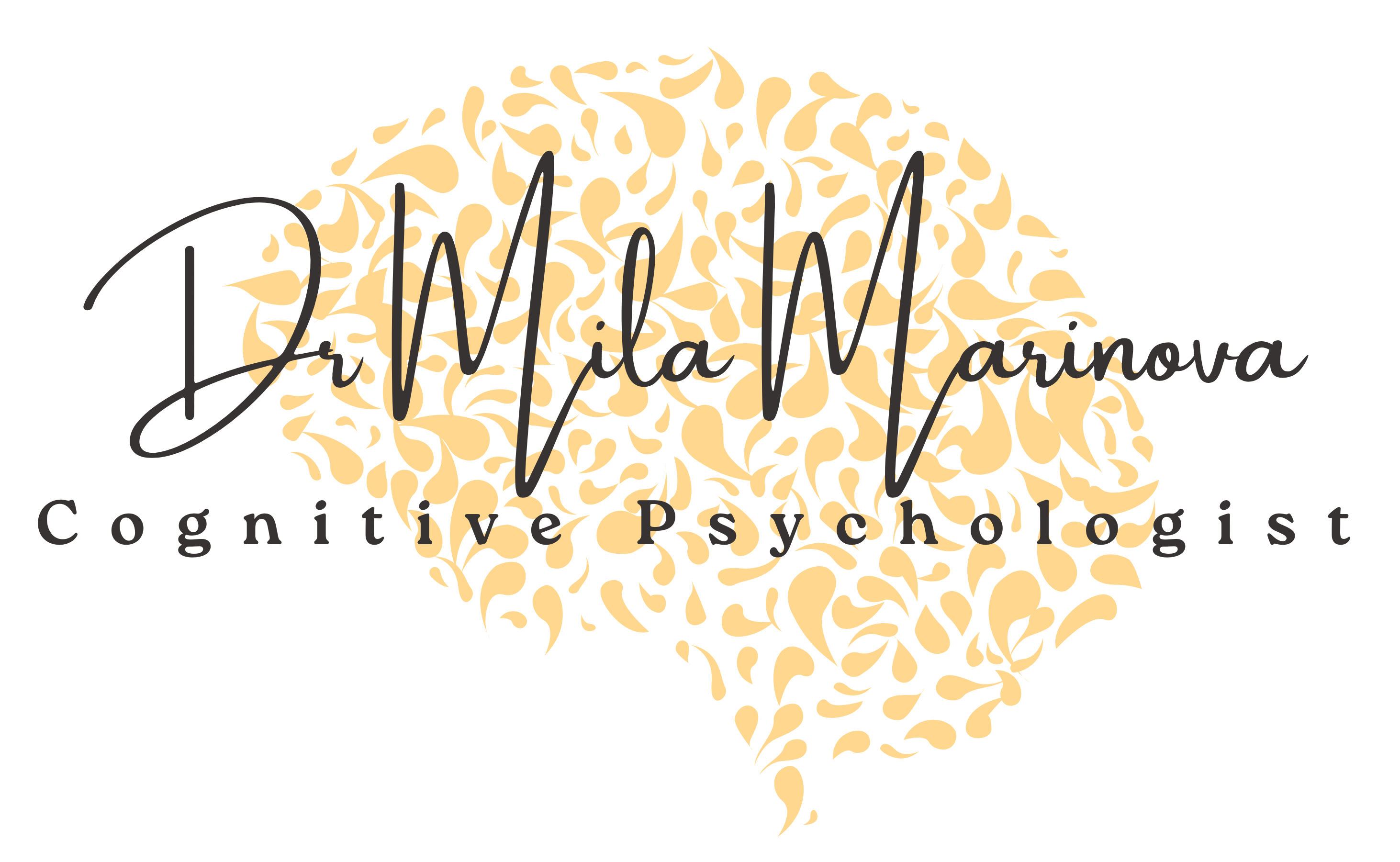
Taking a holiday is something many of us look forward to. It is both subjectively good for us and crucial for our mental and physical health. Regular breaks from work or study are associated with higher life and work satisfaction and promote a healthy work-life balance.
However, after a holiday or a more extended break, many of us feel our motivation has completely evaporated. We find it hard to begin, feeling lost and wondering what is the point of even doing what we are doing. There are many ways of getting our motivation back on track, but why do we lose it in the first place? Here are the most popular post-holiday work feelings:
“What’s even the point?”
After a holiday, it is common for people to feel like nothing in their work has any meaning and isn’t that important anymore. How motivated we feel is proportionally related to how much time we spend doing something and how important we think it is. Before the holiday, we were in a routine where we did our work, training or study, ticked the boxes, and completed the tasks. We go back home and we rarely have enough time to reflect collectively on what we have done and achieved.
Taking time off changes our perspective and shifts our priorities: from meeting that deadline to spending more time with the family, from attending meetings and making plans to attending dinners, having fun, or simply lying on the beach with a nice book. We have much more time for reflection and self-evaluation. This may encourage us to consider big existential questions like “What am I doing with my life? Am I happy, etc.”
Another reason why we feel like our work has lost meaning is because, during a holiday, we are psychologically distant from our work or development goals. We have detached ourselves from our initial plans, big dreams and desires. When we are back at work, it may cost us some effort to convince ourselves again that what we are doing does matter and is impactful.
One way to give meaning to our work is to make a list or recall all the things and achievements we have completed before going on vacation. Talking to a colleague or someone we admire will help us reconnect to our goals and may even inspire us. Picking a new skill or a course might be an excellent way to get our interest back into the subject, without the feeling that we have to do the same boring things.
“It is just overwhelming.”
Another reason we may feel unmotivated to work is the feeling of being overwhelmed when we see the amount of work and e-mail piled up in our absence or simply knowing that a big and complicated project is coming up. The motivation to complete a big project successfully is intrinsically related to at least two things: the act of working on the project (or practising the actual activity, for example, working out) and the potential success of the project/activity. If we focus only on the amount of work to do, without any specific plan, the mountain will seem too high to climb. As a result, we will likely procrastinate. Instead, we should divide the big project into small achievable to-do’s: start with the most straightforward tasks with the highest probability rate to be completed successfully and in a relatively short time frame. This will bring back our motivation and confidence in our abilities.
“I can’t get into the zone.”
We are back at work, and we have made a plan, but the execution is simply not as smooth as before. The state of flow is a state of total and energetic immersion in the current activity we are occupied in. However, the prerequisite to achieve such a state is to do something that we find challenging enough. If we want to go back to such a state, it might be a good idea to pick up a new skill or competence required for the current project. Introducing some (relatively challenging) novelty to learn will trigger our motivation and keep us interested in the task at hand.
Finally, we should also expect that getting back to work after a long break will take some time. Let’s have an understanding of ourselves and others and acknowledge that we do need a transition period.
If you enjoy my content, I would appreciate it if you share it. For more posts like this, feel free to subscribe to my blog and follow me on my other social media platforms.
Resources used:
Markman, A. (2019). Bring Your Brain to Work: Using Cognitive Science to Get a Job, Do it Well, and Advance Your Career. Harvard Business Press.
Nakamura, J., Csikszentmihalyi, M. (2014). The Concept of Flow. In: Flow and the Foundations of Positive Psychology. Springer, Dordrecht. https://doi.org/10.1007/978-94-017-9088-8_16
Trope, Y., & Liberman, N. (2010). Construal-level theory of psychological distance. Psychological Review, 117(2), 440–463. https://doi.org/10.1037/a0018963
Suzuki, W. (2021). Good Anxiety: Harnessing the Power of the Most Misunderstood Emotion. Simon and Schuster.
